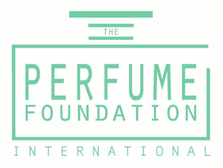|
by Françoise Rapp, Master Perfumer and Lead Instructor As September rolls around, it marks the beginning of a new school year and presents the perfect opportunity to embark on exciting learning journeys. Whether you are an aspiring perfumer or experienced, we are proud to introduce the largest International natural perfumery educational platform designed to teach all aspects of this captivating art. Our comprehensive curriculum offers a range of courses, masterclasses, and advanced programs that enable you to acquire new techniques and deepen your knowledge, ultimately empowering you to design your own successful brand.
Perfumotherapy: Immersing Yourself in the World of Natural Perfumery One of our flagship courses is Perfumotherapy, an immersive experience that unveils the world and art of natural perfumery. This course provides a solid foundation in perfume creation and technique, emphasizing the crucial role of olfaction and natural essences. Comprising of Olfaction Training, French Natural Aromatherapy, and French Natural Perfumery courses, the Perfumotherapy diploma is a comprehensive program that legitimizes your work as a natural perfumer. Understanding the basics of olfaction and the true essence of natural ingredients is vital for conceiving, comprehending, conveying, and authenticating beautiful natural creations. Master Natural Perfumer: Elevating Your Expertise For certified perfumers seeking to enhance their skills and knowledge, we offer the Master Natural Perfumer course. This program includes the Perfumotherapy course as a foundation and allows you to choose four additional masterclasses or courses that align with your specific interests. Whether you wish to delve into marketing and brand design, perfect your formula-building skills, explore the role of essences on the psyche and emotions through the aromachology course, or trace the historical perfume routes with our captivating masterclasses, the choice is yours. Supporting Your Art and Passion We aim to support each natural perfumer in developing their art and passion. We believe that you are the driving force behind the world of natural perfumery today and tomorrow. That is why all Natural Perfumery Teachers Academy instructors are recognized experts in their respective fields, ensuring that you receive the highest quality education. Moreover, our courses are available in multiple languages ensuring accessibility to a wide range of learners and easing your learning experience. Additionally, we offer a convenient installment payment method to accommodate various budgets and make the courses more accessible. As you embark on this new school year, we hope September becomes filled with joyous learning and the opportunity to unleash your artistic potential. Let the wonders of natural perfumery inspire and guide you on your journey.
0 Comments
By Ana Elena Sastrias, Certified Olfaction Trainer and Certified Natural Perfumer Our Vision is the door to our Visual Reality. Our Sense of Smell completes that Visual Reality with the perception of Scents and Flavours, generating Memories and Emotions and Connections with other beings, including human beings. Human beings, as with some other animals including bacteria, have different perceptions of the Sense of Smell. Some animals have more complex sensory systems than others. As we evolved and became stewards of land and animals, we also developed Art, Culture and Science. We, as a species, wanted to separate from the other animals and other species, destroying that relationship we had in the beginning between animals and flora that had brought us together through the primary senses and instincts. We have also developed various lifestyles that have de-programmed our physiological priorities as a species, by alienating our Sense of Smell as almost unimportant, giving much more priority to other senses, such as Vision. Fragrances, being very ephemeral, are very quickly overwhelmed, replaced by sound and visual inputs. The sense of smell, ancestrally the First Sense, has become the last sense we use. During the last three decades, Humans have been seeking the state of wellbeing, re-educating ourselves to desire sustainability and health, developing the appreciation of natural products, while rejecting the use of synthetics. Still, a lot more needs to be done in this matter. Being aware of how our Olfactory system works can provide some insight and awareness of what to smell and how natural scent molecules can directly impact our health. In our present environment, after the Covid-19 pandemic, it seems that we have mostly lost our Olfactory sense and must re-learn to smell. Mask protection and lockouts affected our sense of perception of reality, blocking our free instinctive power to breath and lowering the capacity of the Olfactory Sense. Now that we are beginning to become free of masks, we need to re-train our sense of smell and our breathing techniques. From birth we connect with our mothers through the sense of smell. Our mothers when having us as babies, not only shared genes, but also shared phenotype features such as smells. Babies have a very fresh and well-developed sense of smell which guides them to receive messages that make them feel safe. The olfactory sense of babies is so sensitive that allows them to react to odours through motor reactions, respiratory and cardiac rhythmic changes. Babies less than two weeks old orient themselves automatically towards maternal odours. They learn to recognise their mother by her smell, which they will prefer to any other smell and will bond to it. It could be said that “newborns” see with their noses. People losing their olfactory sense, very often develop symptoms of depression and feel very isolated aside from having a great negative impact in their quality of life and a loss of their sense of safety. That is why it is so important to re-train our sense of smell through Olfaction Training, suitable for future perfumers, trained perfumers and people suffering from affected sense of smell like anosmia, hyposmia or dysosmia conditions. There is also a Health aspect associated with the correct way of using our sense of smell and our relationship with Nature. It is now paramount to protect our Natural Resources, our flora, woodlands, rivers, lakes, and oceans, as they provide us with scent molecules that can contribute positively to our health and even repair our DNA. We, as Humans, share DNA with other species. We can even repair our hormones and DNA by smelling scents from Nature, like flowers or plants, by using proper Breathing and Olfaction Techniques and using the Natural Raw Materials adequate for Natural Perfumery and Aromatherapy. The Beneficial Power of Nature Like many raw materials Opoponax, which means in Greek “heal everything,” is a resin which Dioscorides used to heal Nero in the times of The Roman Empire. This plant, native of Abyssinia, is also produced in China and sent to India which uses it for Religious purposes. The essential oil of Opoponax is obtained by distillation and it is an excellent fixative used in perfumery. Marjoram, since antiquity, has been used by Egyptians and Arabs to relieve migraine, and its scent has soothing and comforting qualities. It is generally used for calming anxiety, nervousness, migraine and insomnia and it is recommended for the people suffering from depression. Other raw materials, like Juniper, have antiseptic, depurative and diuretic properties. Geranium has anti-inflammatory properties. Eucalyptus can be used to treat fevers or as a decongestant of the respiratory tract. Cinnamon, since antiquity, is originally from Sri Lanka and can also be found in the Seychelles and Madagascar. is It is also used not just for culinary purposes, but for medicinal purposes from its stimulating, tonic properties and through improving blood circulation. Cinnamon can also be used as an antiseptic. Many of these and other natural plant raw materials have been used for a thousand years in many forms. Fumes, ointments, oils, and essential oils with purifying effects have been used for their restorative properties to our healthy electromagnetic vibration frequencies. Essential oils’ scent molecules travel to the nose receptors that detect the oil molecules with specific frequency, and then send signals of these vibrational frequencies to the brain. The intention of the healing process is to provide the correct vibrational frequency required that will bring the brain and body back to a state of coherence. This is the therapy by special vibration remedies capable of healing or rebalancing the brain’s and body’s DNA cells. That it is why is so important to smell raw materials from Nature and not from synthetic molecules, as the Natural scent molecules have all the complete vibrational frequency codes necessary to be used in healing. Synthetic scent molecules will not have the same healing power, would not be beneficial for treating health matters and, in the worst cases, may distort our hormones and DNA. The New Luxury Code
For these reasons, the International Perfume Foundation developed the “New Luxury Code” in Natural Perfumery products that allows us as perfumers to work on this goal by taking into consideration the meaning of “Luxury” as respectful, exceptional, sustainable, perfect, not necessarily expensive, smells and feels great, contributes to culture, sensitive to everyone’s culture, produces a change, makes us happy, and is eternally beautiful. The Natural Perfumery Teacher's Academy is proposing monthly online Olfaction Training Courses in French, English, Spanish, Italian, Portuguese, Chinese and Arabic languages. By Françoise Rapp, Certified Natural Perfumer, Aromatherapist and Aromachologist The term aromachology appeared in the 1980s and it describes the science of the phenomenon that links odors to behavior. We became aware at that moment of this subtle and profound power and above all, how it affects our daily life in all its aspects, from the intimate to the spiritual and the professional. For almost 26 years, I have been composing natural perfumes taking this dimension into account because it seems to me to be inseparable from the mission of the natural perfumer. My training as a naturopath has meant that I have also worked all these years with patients and therefore have seen what the positive effects of smell on emotions are. When we understand the role that smell plays on inner well-being, we understand the need to compose a natural perfume and its olfactory quality as well because it acts powerfully on the sensory memory. The olfactory sense is our most reptilian sense, and it is one of the most powerful because it is linked to our survival. Throughout our lives, we memorize a library of smells that can stay buried for years. The sense of smell is a sense outside the notion of time/space. Therefore, we can have a reaction linked to the very old memory of a person, a place, a situation when we feel a specific scent that reminds us of this. We can even smell so-called “ghost” smells just by reliving this memory. In a fragment of a second we travel in time and in an emotion that we thought had been forgotten. Smell: a Mental Representation For a molecule to become an odor, a brain is needed. According to Pierre-Marie Lledo, co-director of the Genes, Synapses and Cognition laboratory, our brain establishes olfactory maps from the combination of receptors activated by such and such a molecule. These cards work like a kind of QR code and allow each chemical stimulus to be associated with a mental representation: the smell. The latter is malleable and evolves according to our experiences and our culture. The first thing we perceive in a smell is its emotional side I either like it or I don't like it, before we even ask ourselves any other rational question. And if odors awaken in us such clear and intense emotions and memories, it is because the brain areas they activate are intimately connected with those mobilized by emotions: the hippocampus plays the role in long-term memory term: the hard disk that records our learning from the moment we were in our mother's womb. The amygdala plays a fundamental role in decoding our emotions generated by the different situations of our life. For example, it intervenes in behaviors such as fear, pleasure, or memory. The septal nucleus plays a role in controlling emotions and in feelings of pleasure, it is directly linked to the sense of smell. Aromachology, a Global Approach to Smell and Feel
This intrinsic link between smells and emotions has been questioned by many scientists who have tested its benefits. Some, like Dr. Aubert, say they know that certain smells can elicit emotional responses capable of transiently increasing the release of certain brain mediators such as serotonin, which promotes a positive mood and builds a state of well-being. Therefore, aromachology and products composed of natural plant essences have great power on the inner well-being of the person. This approach can be broken down into different types of products: from natural perfumes with an alcoholic or non-alcoholic base, to perfumed creams and balms for the body, to home fragrances, candles and even incense, to hygiene products and natural cosmetics. The market clearly shows that for two years during the pandemic period, the new consumer has been looking for sensory experiences in addition to product efficiency. They want an immersion in Nature which brings them benefits for their well-being. Beyond the Knowledge of Natural Essences As a creative perfumer, it is essential to acquire knowledge of the aromachological virtues of natural essences on the psyche since their action on the emotions is proven. This dimension adds to our responsibility as creators towards the consumer. Aromachology stands beyond natural perfumery and a simple pleasant scent and even a trained natural perfumer should be aware of it. Here is how natural essences act by simple olfaction. From their liquid state, by chemical reaction in contact with air, they are transformed into etheric gas. Volatile, by their infinitely small and light molecules, they bring to a quantum level a vibratory frequency which, like the photon, carries information. This information is a natural principle or intelligence of nature which has a function, here in this case properties. Therefore, a natural perfume has a dimension far beyond that of simply “smelling good”; it can be balanced and effective or it can be dissonant because certain raw materials will contradict each other. This olfactory dissonance is often unknown to the natural perfumer but not to the aromachologist. When composing the perfume, we set a clear objective on the result or the effect that is desired. From this, stem the selection of each ingredient that will compose it. Aromachological benefits can be substantiated in marketing materials and product claims. Creating natural perfumes, whatever their final form, requires, in my opinion, a knowledge of aromachology. Therefore, it seems to me necessary that knowing the olfactory and aromachological qualities of natural essences is essential for a natural perfumer It is obvious that they must master the sensory dimension and the virtues that their perfume will have on the emotions of the consumer. You can now learn and deepen your knowledge in the new aromachology course which starts on January 9th. It will be taught every first Monday of every month. Register for the course Access to the Aromachology Level 1 Masterclass By Creezy Courtoy, IPF Founder and Chair, Anthropologist, Historian and Olfaction Trainer No Sense is More Important than the Olfactory Sense! I really want you to understand that a perfume is not only a smell, it is much more than that and everyone should really know this before learning to become an olfaction trainer, an aromatherapist or a perfumer. When you smell a perfume: -going through your brain, it creates memories and sensations. -it has an action on your nervous system, regulating organs. -it is also a gas and what we breathe has immediate access to our blood. While penetrating through the thin membranes of our lungs, fragrances and perfumes reach the bloodstream much more quickly than the absorption of matter by the digestive tracts. -it influences your hormonal system -it acts on your organs through your nervous system -in the bloodstream, it participates to the irrigation of your organs -it can also modify your DNA and your cell's organization Digestion and the breaking down of solids, like medicinal pills, take much more time reaching the bloodstream, as the absorbed solids must be digested and pass through the thick intestinal wall. These are the reasons making a perfume or blending essential oils has responsibilities. When you teach olfaction training, when you train yourselves, when you create natural perfumes or when you blend essential oils, always study the particularity of the oils. Do not use products without knowing their origins. Olfaction can be dangerous. With essential oils, you can always find data and talk to the person in front of you. With synthetic substances you have no historical data like we have for flowers and plants. Natural Perfumes are more expensive but it is worth to consider ! Perfume, by simple olfaction, sends messages to the nervous system, especially, to the area called "the big sympathetic" which plays a very important role in the maintenance of the health balance of humans.
The nervous system is the supreme organizer of matter, where life emanates. Its actions spread to all the organs where it regulates the different functions to achieve this harmonious whole that is the human body. Besides, it assures the defense of the organism in protecting the body from external attacks. ”The big sympathetic” is made of a double chain of joint ganglia, situated at each side of the backbone. From these ganglia emerge many nerve connections terminating at the vegetative life organs: liver, spleen, lungs, heart, blood vessels, etc. In some regions of the body nerves also form real networks, and insure the communication of the big sympathetic with the central nervous system. The nervous system presides in exchanges, warns of failings, provides the various organ needs and rescues those that are threatened. It directs the natural defenders: the white blood cells or leukocytes, also called phagocytes. The stronger the microbial attack the stronger the defense. Different conditions, by their suddenness or duration, can cause an abrupt disruption in the balance of the nervous system and also on the entire organism. A failing nervous system can occur in different ways: tiredness, insomnia, unaccustomed emotional stress, sudden weight loss, or an uncharacteristic tendency to exaggerate or discourage. If, at this moment, a bacterial attack occurs, the nervous system would not have the necessary strength to fight it. Within the nervous system is the autonomic nervous system, which then contains the sympathetic and parasympathetic nervous systems. These two systems are involuntarily, meaning our body does not have control over what it is being performed. The sympathetic nervous system is known as “fight-or-flight”, while parasympathetic is known as “rest and digest”. Even though they are different, these systems still work hand in hand with one another to help control the way our body works. Sympathetic is almost like an alarm clock, as it arouses the body and stimulates the nerves to start working. On the other hand, parasympathetic helps calm the body down, as it brings the body back to its normal state. Natural essential oils can rebalance your nervous system, therefore it is important to learn aromatherapy and olfaction training before learning natural perfumery. If you want to learn more about the importance of your olfactory sense, if you want to learn how to train, preserve or restore your olfactory sense, enrol for Creezy Courtoy's 8 weeks Olfaction Course. By Françoise RAPP, IPF France Chair, Natural French Aromatherapist and Natural Perfumer Expert Essential oils are natural products used by different industries, among which stand out pharmaceutical and food industries. Due to the variability inherent to all-natural products and growing problems of adulteration, the 8 marker points listed below aim to draw attention to the main criteria determining the quality of an essential oil. Purchasing and using a quality essential oil have a strong impact all along the production and consumer chain. From respect of the producers work to the impact upon human health, it is vital to be vigilant in what you purchase as a natural perfumer, therapist and consumer. 1. What are the quality criteria? The quality criteria of an essential oil are established after in-depth analysis which certifies compliance with standards well established by AFNOR (body for the development of French, European and international standards) which is based on chemotypes (its biochemical ingredients), its density, appearance and odor. 2. What are the regulations around the world?
3. What technical documents prove the quality of an essential oil? Each batch of essential oil (the batch number must be written on each bottle) has technical documents certifying that the product meets compliance criteria certified by a specialized analysis laboratory. Be sure to find it on the brand's website or ask for the essential oil analysis sheet if you want more transparency about the quality of your product. More and more brands clearly display this data on the product sheet of their website. 4. What quality tests are essential oils subjected to? Essential oils are subjected to in-depth analyzes in specialized laboratories for this purpose. • Gas chromatography to map the precise chemical identity of the essential oil and display all of its chemotypes. • The hydrometer to measure the exact density of the essential oil. • The rotatory power makes it possible to demonstrate that the essential oil is pure and natural with reference to AFNOR standards. • The flash point to measure the flash point and check if the essential oil has not been "diluted" with a vegetable oil or a less natural solvent. 5. Is there a market price? The market price is dependent on tariff fluctuations which are frequent because they depend on criteria linked to various external constraints like any agricultural raw material. Among these, we note the following: • The seasonality which is essential to obtain favorable prices during the harvest period. • geopolitics or crises that can ignite the price of local raw materials. • Quotas decided for ecological reasons (eg rosewood in Brazil). • the climate which can be devastating or on the contrary help to produce an exceptional crop quality. • the “fad” phenomenon which can fuel certain venalities or a rise in prices due to excessive consumer demand. 6. What does "100% pure and natural" mean on the bottle label? This mention often written on the labels of the bottles of essential oil means that this one has not undergone any transformation and that it is not diluted, not rectified, not deterpenated, not rectified (100% pure) and that it comes from a "natural" raw material (the plant). 7. What are the mandatory inscriptions on the label of a bottle of essential oil? • The best before date or expiration date after opening • Chemotypes or the essential oil identity card. The main 3 must be listed as ingredients. • The full botanical name in Latin of the plant • The origin or provenance of the plant • The plant organ used to obtain the essential oil 8. What can impact the quality of an essential oil?
In a world where essential oils can be purchased in large food stores and products can be sold such as this while this is not at all… Caution is definitely required and this is what you are going to learn through the French Natural Aromatherapy course starting on February 7th.
|
Archives
March 2024
Categories
All
|
- Home
- About
- Why choosing us
- Mission
- Academicians
- IPF Certification
-
COURSES
-
MASTER CLASSES
- Teaching Methodology
- Natural Raw Material Extraction Methods >
- Natural Candle Making
- Healing Gardening
- Sustainable Oud MasterClass
- World Perfume History Master Class
- Scent Design and Formula Building >
- Fragrant Botany & Chemistry >
- Perfume Design, Concept and Storytelling
- French Natural Aromachology #1
- French Natural Aromachology #2
- Olfaction Training for Children
- Accords - Musks
- Accords - Chypre
- Accords - White Florals 1
- Accords - Fougeres and Aromatics
- FRAGRANCE DEVELOPMENT
- SPEAKERS
- EXHIBITIONS
- Partners
- Blog
- Contact
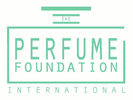
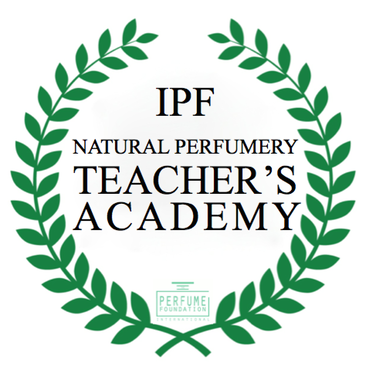

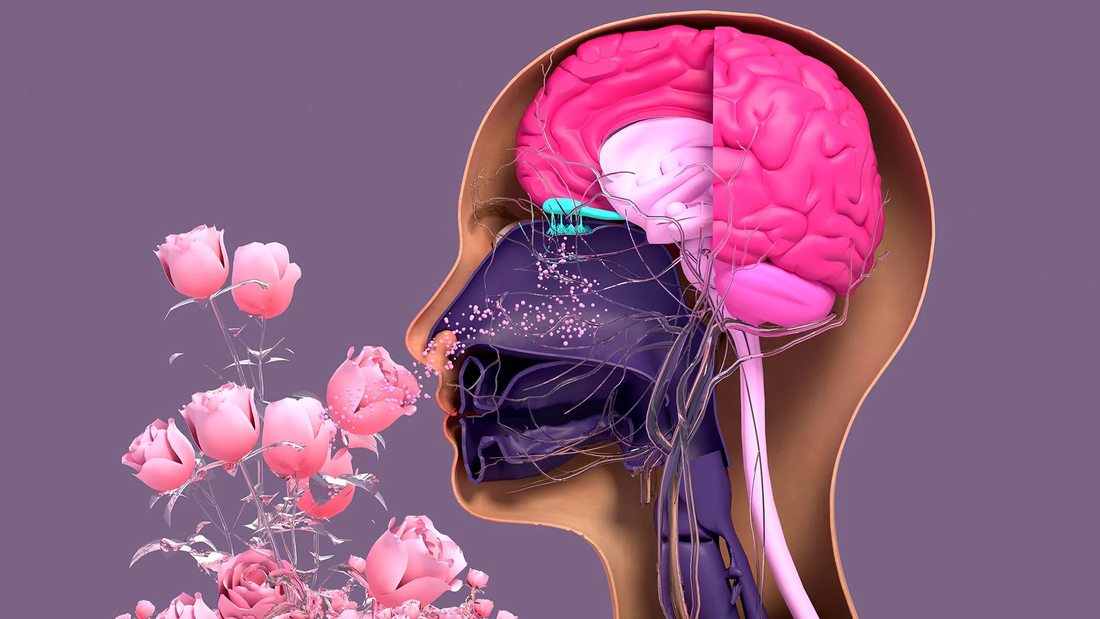
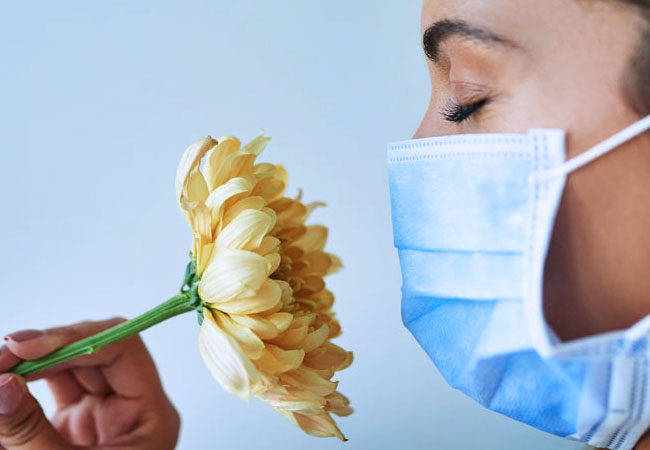
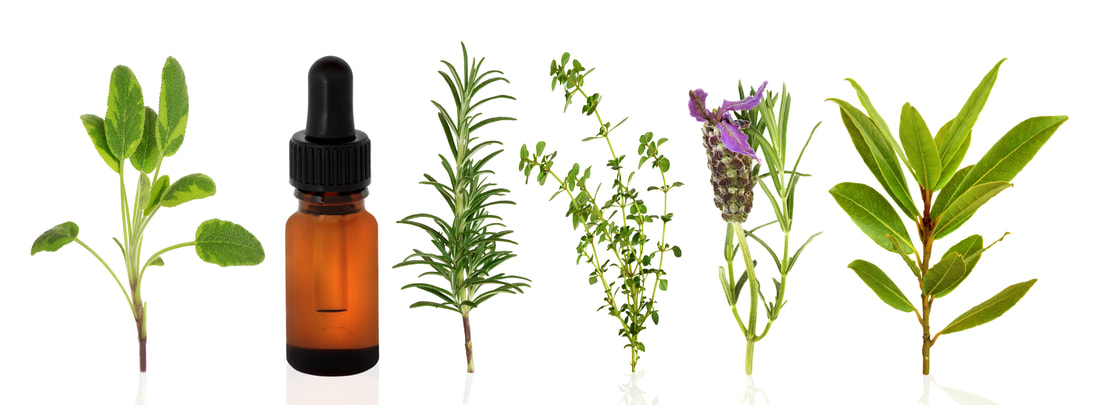
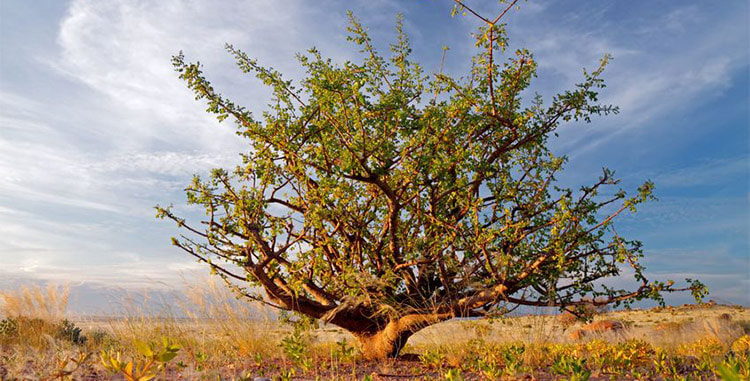
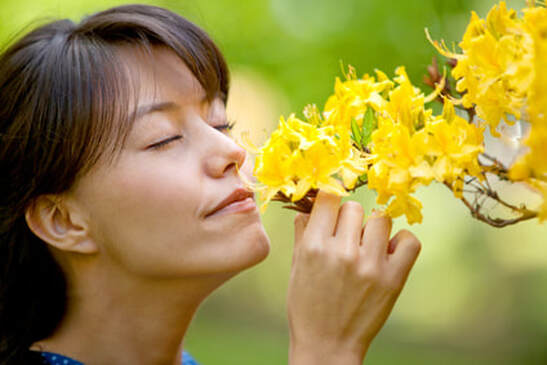
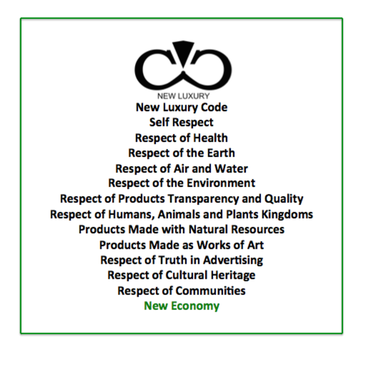
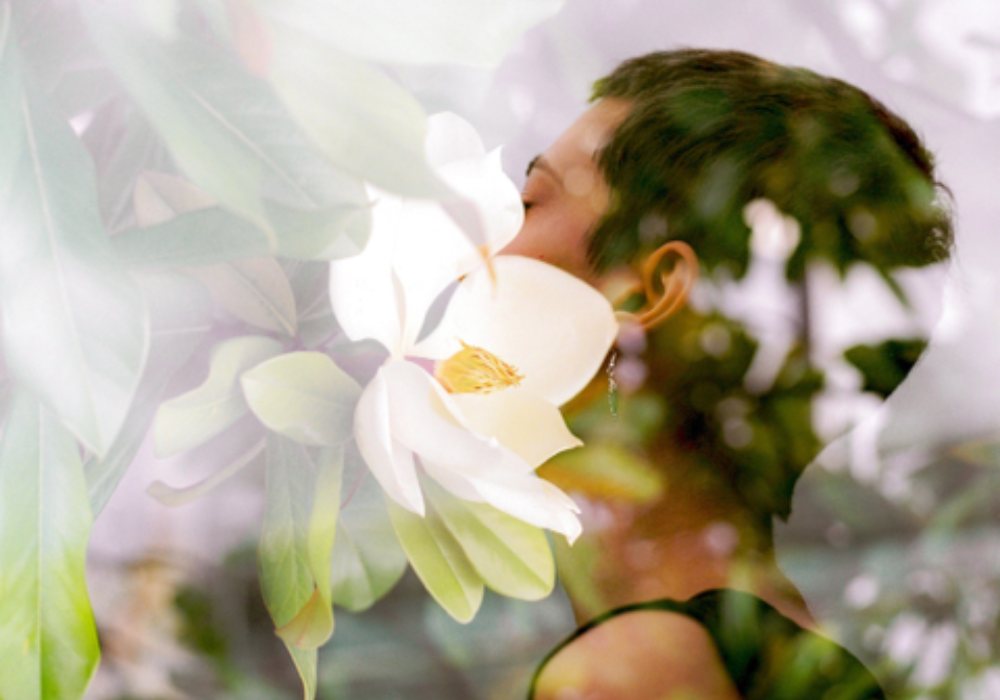

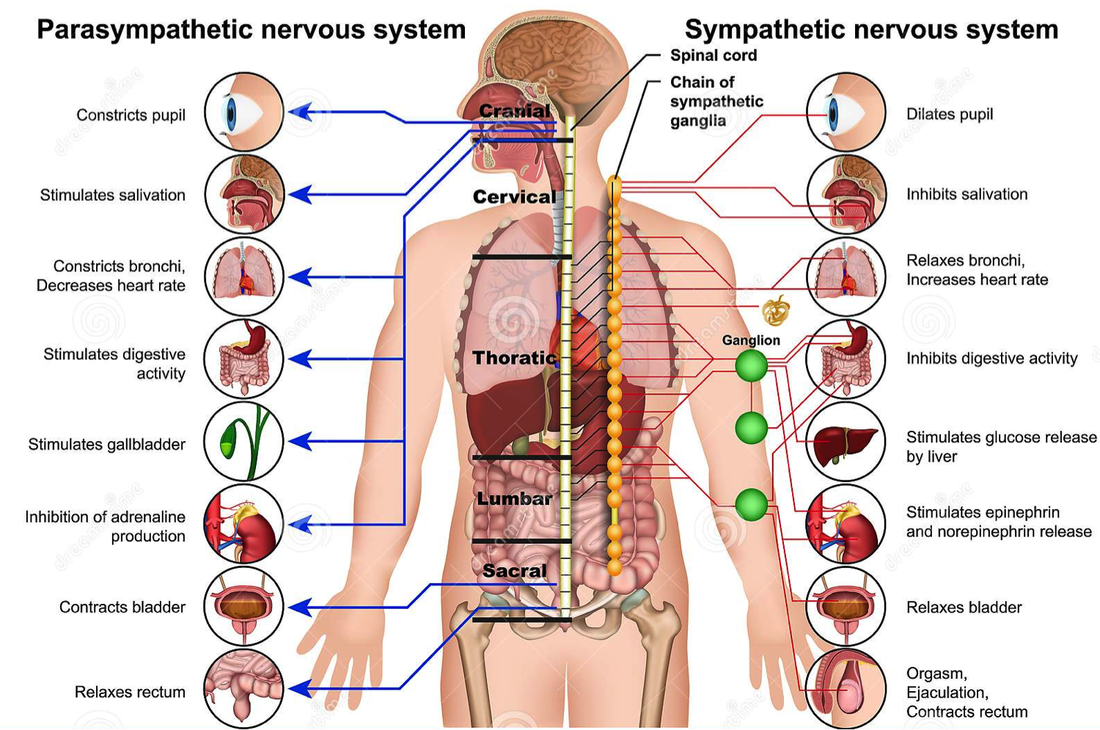
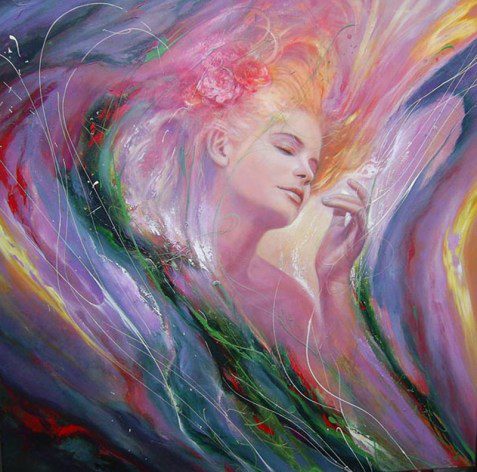
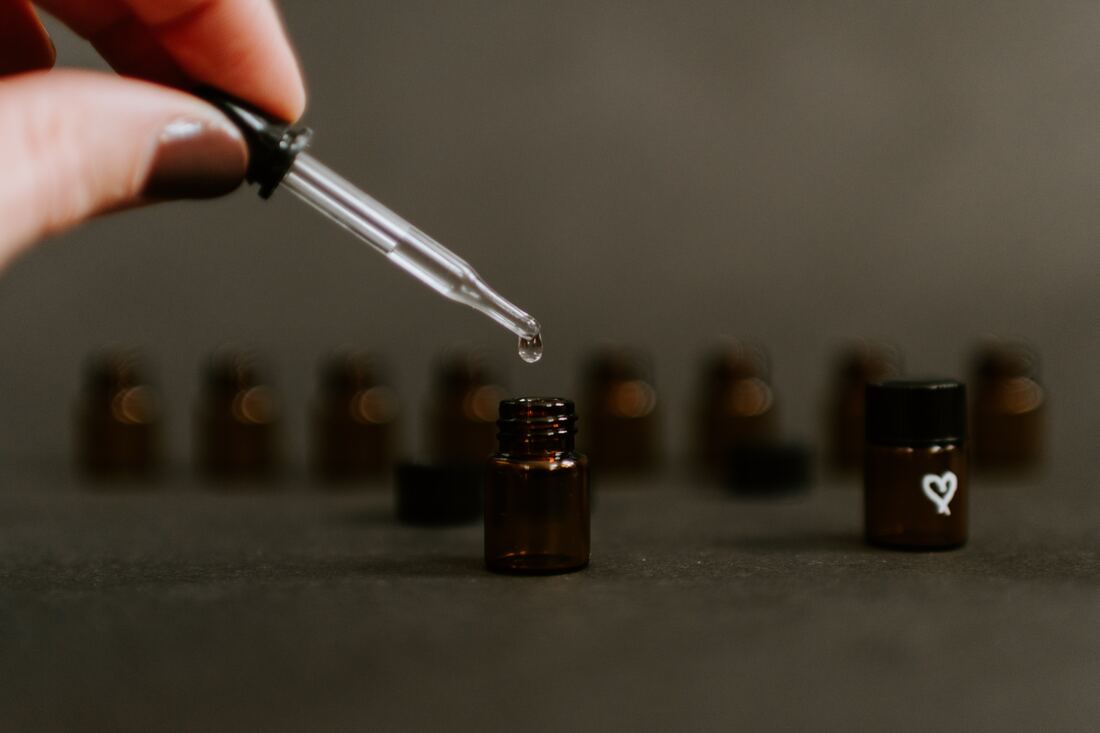
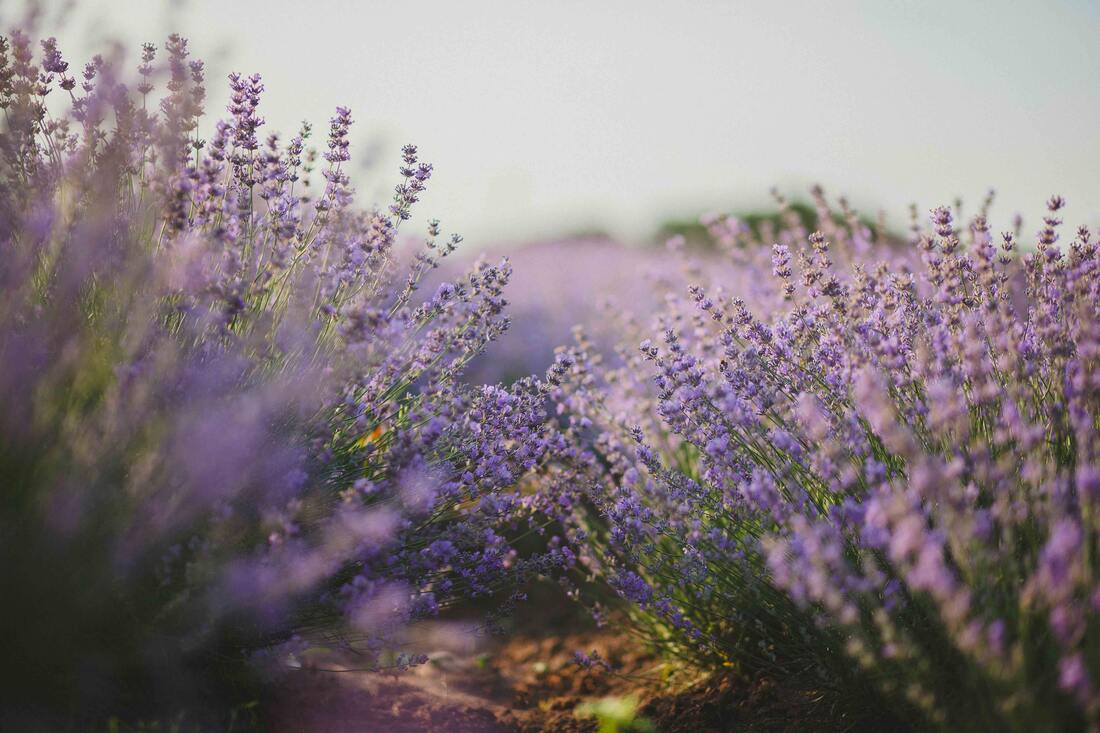
 RSS Feed
RSS Feed
